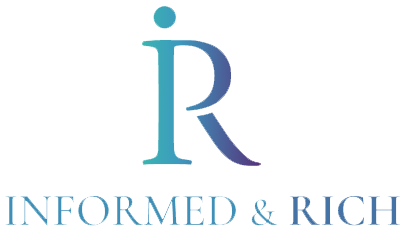WEAKER-THAN-EXPECTED growth could cause the National Government (NG) to miss its revenue goals, the Cabinet-level Development Budget Coordination Committee (DBCC) said.
“Adverse deviations from the NG’s baseline growth targets continue to pose the greatest threat to the debt trajectory. As revenue generation is ultimately linked to overall economic activity, weaker-than-expected growth undermines the attainment of the NG’s revenue targets and exerts pressure on priority expenditures, thereby inflating borrowing requirements,” it said.
“Smaller output also directly increases the debt-to-gross domestic product (GDP) ratio. An analysis of the forecast errors for growth also illustrates persistent optimism across longer horizons and therefore a risk to the projections, given heightened uncertainties in the macroeconomic environment. Policy responses to the materialization of downside risks to growth are also constrained, which could exacerbate the impact of macroeconomic fluctuations on the debt,” the DBCC added.
“While revenue targets seem unambitious and likely to be surpassed, an analysis of the revenue forecast errors suggests a recurrent tendency for tax collections to underperform. The recent overperformance of customs collections may likely diminish as global commodity prices normalize,” it said.
“A notable shift toward overspending also emerged after the pandemic, with risks stemming from higher interest payments, the MUP (military and uniformed personnel) pension system, and ongoing decentralization. Nevertheless, overall budgetary balance outturns have veered close to targets in recent history.” — Aubrey Rose A. Inosante

